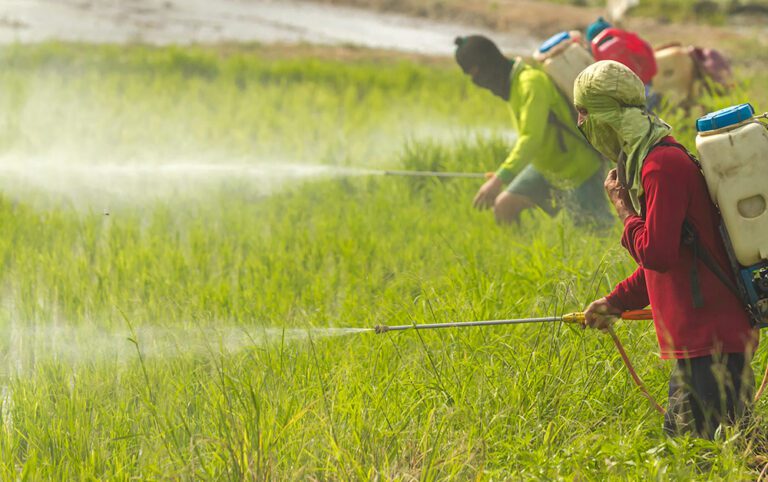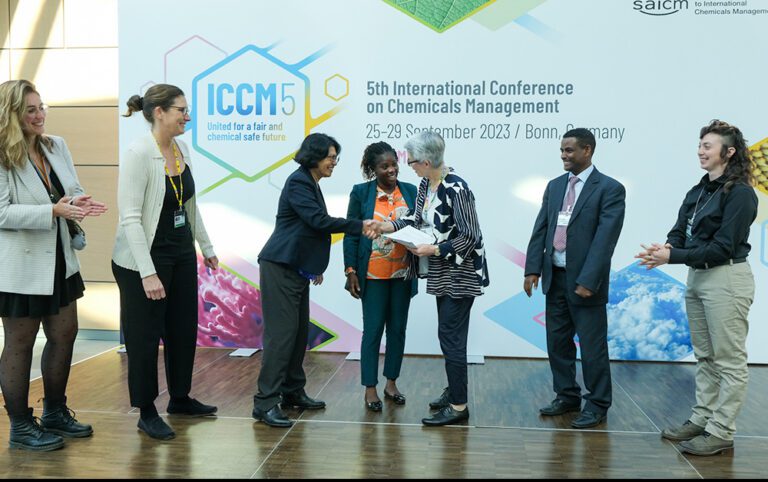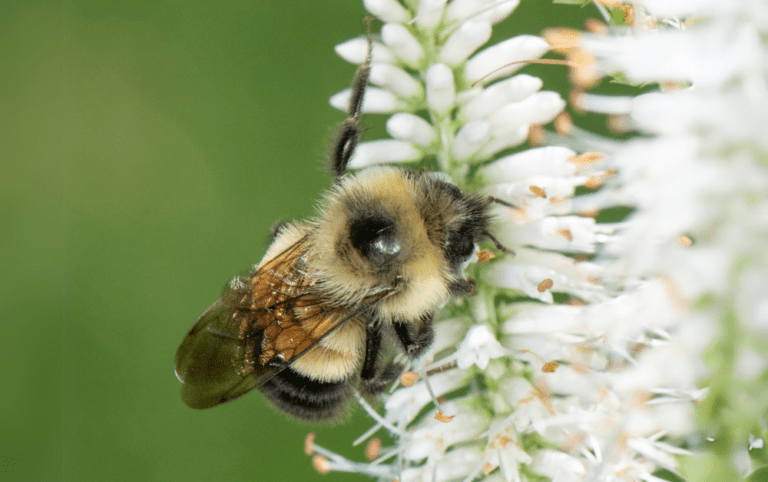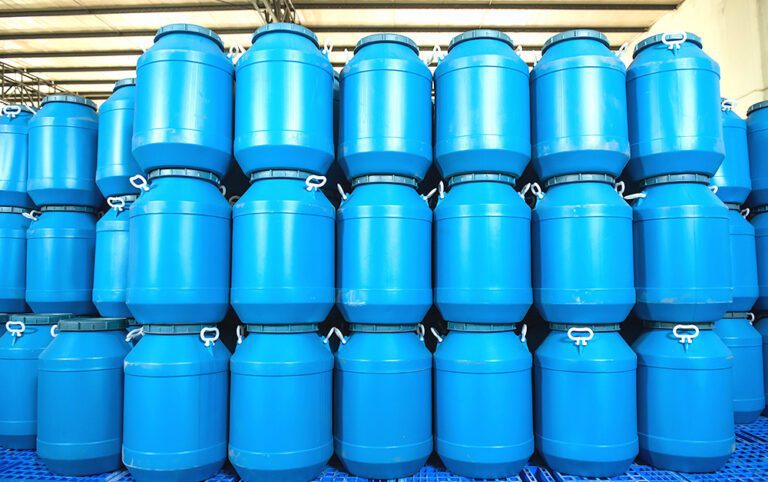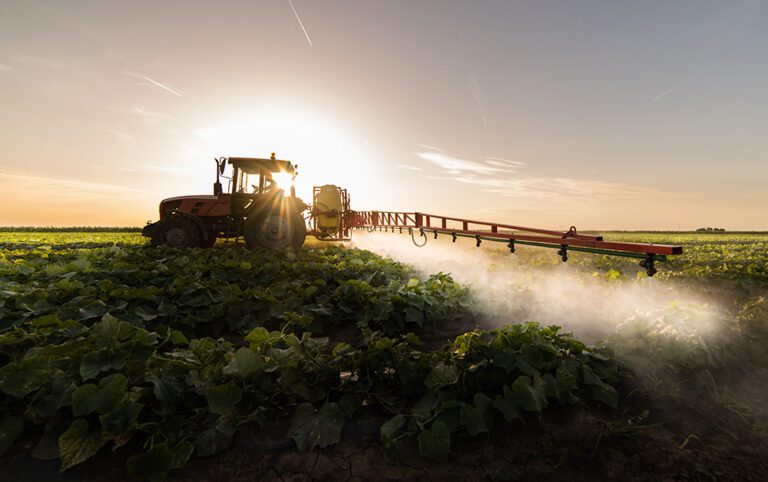
UN Environment Assembly Calls for Action to End the Use of the World’s Most Toxic Pesticides by 2035
In a historic move for safer food and farming, the U.N. Environment Assembly (UNEA) today called for action by 2035 to eliminate the use of the world’s most toxic pesticides globally. Called highly hazardous pesticides






